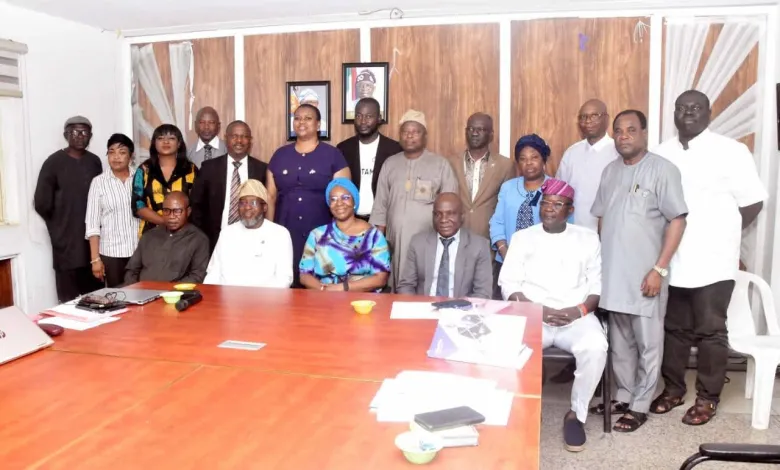Lagos, Nigeria – June 2025 — In a move aimed at improving the quality and regulation of education in private and mission-owned schools, the Lagos State Government has inaugurated a 17-member committee tasked with drafting and implementing a comprehensive policy for non-state schools.
The committee, which comprises education experts, policy advisors, representatives from private school associations, and officials of the Ministry of Basic and Secondary Education, was inaugurated during a ceremony held at the Lagos State Ministry of Education Secretariat in Alausa, Ikeja.
Speaking at the inauguration, the Honourable Commissioner for Basic and Secondary Education, Mr. Jamiu Alli-Balogun, stated that the initiative is in line with the government’s vision to ensure that all schools in Lagos—public or private—adhere to minimum standards in safety, infrastructure, curriculum, and teacher qualification.
“This committee has been carefully selected to reflect a broad range of expertise and stakeholder representation. Their mandate is to develop a robust policy that will promote accountability, quality assurance, and inclusiveness in the operations of non-state schools,” Alli-Balogun said.
He noted that the growing number of private schools across the state necessitates a regulatory framework that will not only enforce standards but also support capacity-building, data-driven decision-making, and continuous improvement in service delivery.
The newly inaugurated committee is expected to engage with stakeholders across the education sector, conduct field assessments, and propose a sustainable model that aligns with global best practices and the state’s developmental priorities.
Chairman of the committee, Dr. [Insert Name], appreciated the government’s confidence in the team and pledged the committee’s commitment to delivering a practical and impactful policy that will ensure all children in Lagos—regardless of the school they attend—receive quality education.
The policy, once finalized, will serve as a blueprint for managing, monitoring, and supporting non-state educational institutions across the state.
